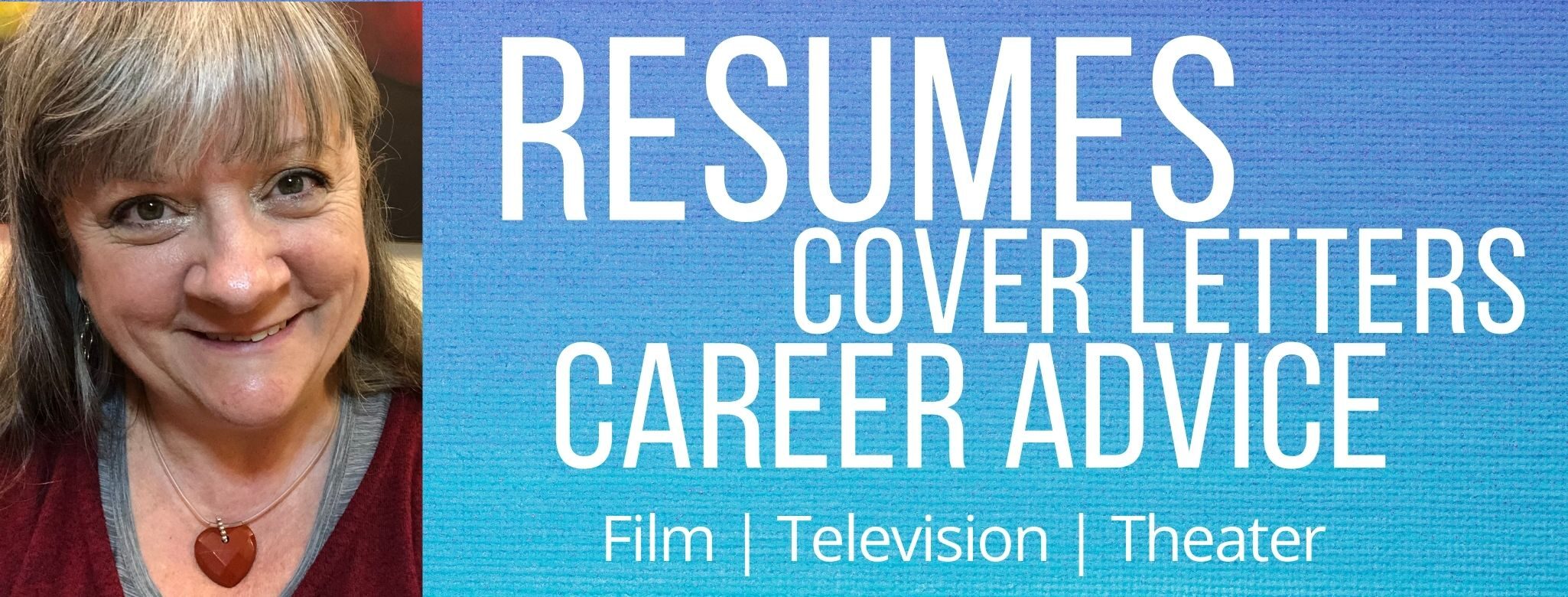
Networking is the foundation of finding work in show business, no matter what area you want to make your career. A personal referral trumps a poorly formatted resume, limited credits, and lack of experience. Knowing someone is the best way to secure an interview, and you are more likely to hear about great opportunities from your peers and colleagues than from even the best industry job listings. Network, network, network. Remember, you don’t have to talk to the VP of Production for a networking opportunity to pay off.
Here’s an apropos excerpt from my most recent book, “Work In Production Part Two: How to Write a Killer Cover Letter that the UPM will Actually Want to Read.”
“All that is needed to network successfully on any occasion, is for you to talk to one person, and more importantly to listen to one person. Make it your mission when attending an event to learn something about one new person. Just one. Give one person your undivided attention for a few minutes, and they will walk away thinking about you, ‘what an interesting person.’
Exercise – especially for introverts: Brainstorm some general questions that you can ask people that you meet to get the conversation started. Try to avoid ones that have a yes or no answer. Here are some examples.
- Where are you from?
- How long have you lived in Los Angeles? (or where ever you are)
- What kind of movies do you enjoy? (good for screenings)
- What do you do?
- Where did you go to school?
- How are you connected to this project? (for screenings)
- (For conventions or Expos) Which presentations have you enjoyed most? Or What are your favorite exhibits?
- If someone seems alone, you can always ask them if they are part of or know anyone connected to the movie being screened, or at the event.
- If they didn’t work on the film, you can ask them what they thought of it, or what their favorite scene was.
Most of the time the conversation will naturally flow to the other person asking you what you do. Then you have your prepared and well-rehearsed Elevator Pitch ready. As I said in “Work in Production Part One: How to Format your Resume…”, this often refers to writers telling people about the script they just finished, but in your case, this is less than 10 seconds about your job search when the other person asks about you.
Sometimes the problem is getting started with industry screenings or events, that is to say, learning about them in the first place. Research is your best friend here.
Read the Trades – that is The Hollywood Reporter and Variety. Look for seminars or screenings. Read the archives and find some charity galas and events, then consider volunteering at these non-profit groups. Look for events through industry-focused LinkedIn groups. Join Facebook groups and look for events. If you are living in a regional center, consider volunteering for your local film festival and get involved with the local film commission. That is your best regional resource for both events and local job leads.
Google is your friend, as are social networks. I post events I learn of on my Facebook page, https://www.facebook.com/WorkInFilm/.
If all else fails, host a party at your house with a film or TV theme – watch an awards show (I hold an Academy Awards ® viewing party every year with food, games, and prizes), or get together for the first episode or season finale of a favorite show. Ask your friends to bring their friends, and eventually someone will know someone in the industry, and in the meantime, you get to practice your small talk and networking communication.”
So, what about once you have started working and can arguably be said to have a nice network? You should continue to keep in touch with folks periodically. Contact people every six months or so, to say hello, remind them of your existence, and ask if they have heard of any jobs coming up. Every now and then meet for coffee. Congratulate folks when you hear that they get on a great show, had some neat press, or if a project they worked on had success. By all means, call people to let them know when you hear about new shows crewing up. Send holiday cards. Email people if you read something you think they would like, or have a screening invitation. When you have finished your next project, send an updated resume to the UPMs or Department Heads you worked for in the past.
Plan one day a month, or whatever is comfortable, to call a couple of people or send notes. Remember again that you don’t have to contact every single person you know every time. Consistent effort over time is the best way to nurture your network and stay in the forefront of more people’s minds.
